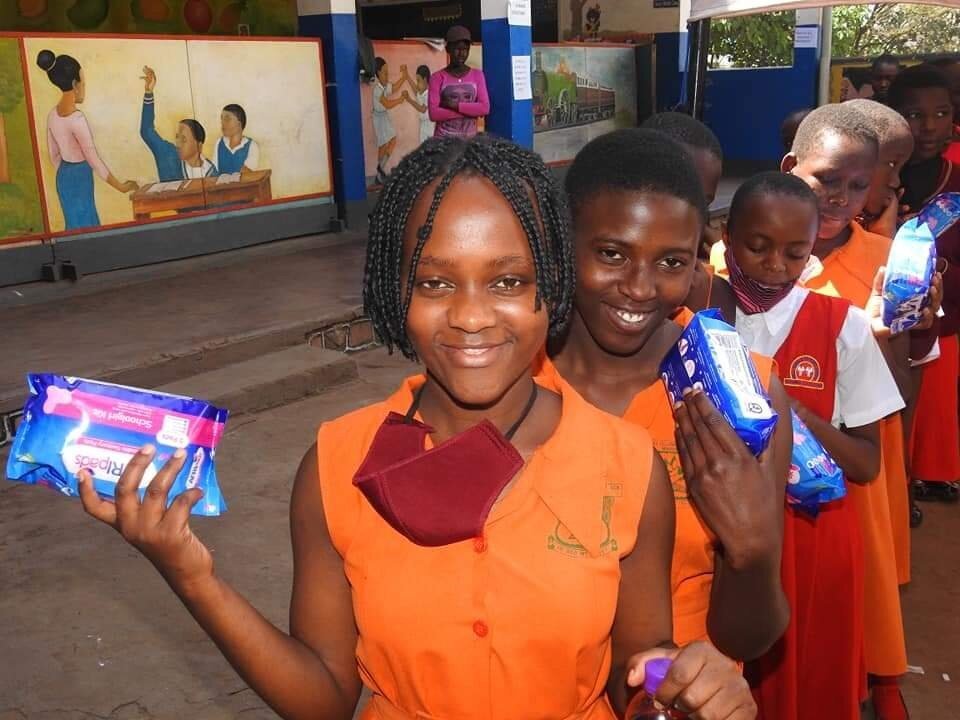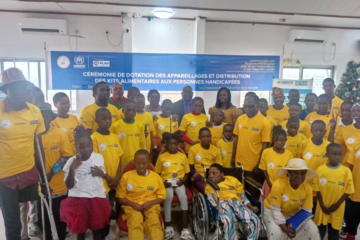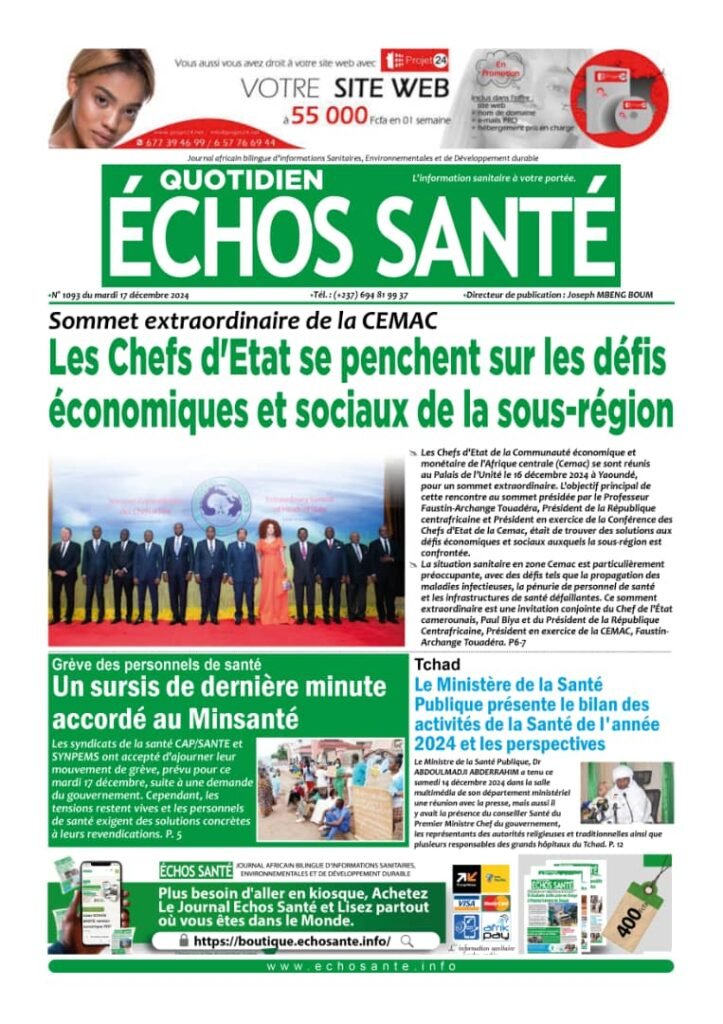
Hundreds of girls in Cameroon displaced by the anglophone crisis and the Boko Haram insurgencies, as well as those located in remote areas received reusable sanitary pads from humanitarian groups on the occasion of World Menstrual Hygiene Day observed on May, 28, 2022.
Several hundred girls displaced by the separatist crisis in Cameroon’s English-speaking western regions have received reusable sanitary pads, pants, soap and buckets in schools and public spaces in the Centre region.
The gifts, called « dignity kits, » were distributed Saturday as part of World Menstrual Hygiene Day activities by donor agencies and the government to help women and girls maintain proper hygiene.
Among the several hundred girls who received the dignity kits was 14-year-old Ernestine Mbih, who said she was displaced by separatists from Babanki, a town in Cameroon’s English-speaking North-West region. Mbih spoke on behalf of girls who received the kits.
« At the end of each month we are wondering where we are going to get money and buy [sanitary] pads, but now, with this pad that we are going to use for one year, we are so very happy,” she said. “It will reduce the risk of some girls getting pregnant when they go out to get money to buy pad. So, we are very grateful and we are thankful that they have brought to us the most essential things that we need as women and young girls. »
Mbih said some girls go out for prostitution before their monthly flows begin to be able to raise about $3 to buy sanitary pads.
International Menstrual Hygiene Coalition coordinator Welisane Mokwe Nkeng, said girls and women displaced by Cameroon’s separatist crisis live in desperate conditions, lack sanitary towels and need education on managing their periods.
“Menstrual hygiene education has been a hush-hush topic and many people (girls and women) don’t know how to manage their periods, so education is very important,” she said. “Secondly, we are doing this because of the unorthodox methods that young girls use to manage their periods, especially during this time of displacement. Many of them use grass, dirty clothes, leaves and other things to pad themselves, and so we felt the need to give them an option that is healthy for them and that is going to restore their privacy and dignity. »
Nkeng spoke from Adagom, a Nigerian town located 60 kilometers from the Cameroon-Nigeria border, where her coalition is distributing sanitary kits to displaced Cameroonians.
Cameroon officials report that many Cameroonians stigmatize girls and women during their monthly periods. The government says men force their wives to sleep on the floor during their periods out of the erroneous belief that menstruation brings bad luck.
Josephine Nsono, a gender expert in Bamenda, capital of Cameroon’s English-speaking North-West region, said it is imperative for the government and its partners to convince communities to stop stigmatizing girls and women during their periods.
« This girl had a heavy flow and her dress got stained and people see it and instead of calling her attention and helping her in a very dignifying manner, people jeer and it becomes so stigmatizing that someone feels so ashamed instead of feeling very dignified that I am a woman and I am experiencing a natural phenomenon,” she said. “Some men are simply overburdening their women because they don’t seek to understand what menstrual hygiene is.”
Cameroon says it is building adequate sanitation facilities in schools and public spaces so women and girls will not face difficulties in managing their periods.
The United Nations says World Menstrual Hygiene Day is observed on 28 May because menstrual cycles average 28 days in length. It says May is chosen because it is the fifth month of the year and girls and women menstruate an average of five days each month.
The U.N. says the day is to advance the idea that menstruation is a biological process so girls and women can menstruate without fear or shame, and without being exposed to more vulnerabilities. The day also raises awareness of the inability of the poor to afford menstrual supplies.
Ingrid Kegne
















